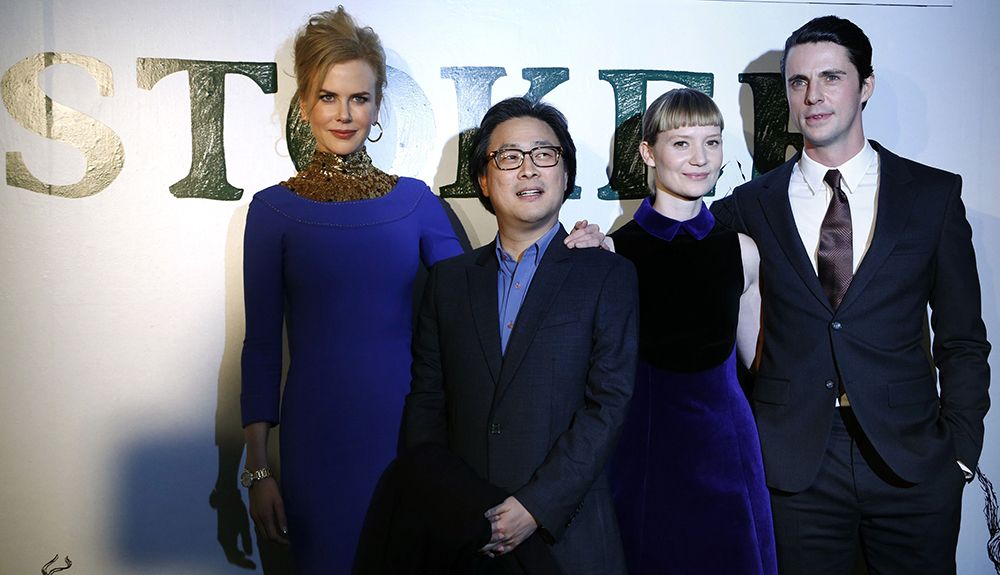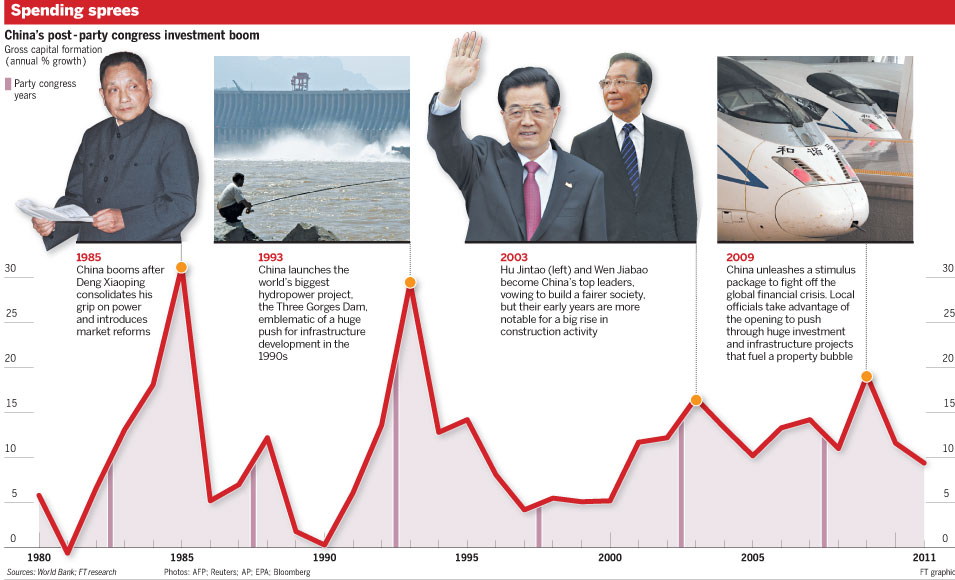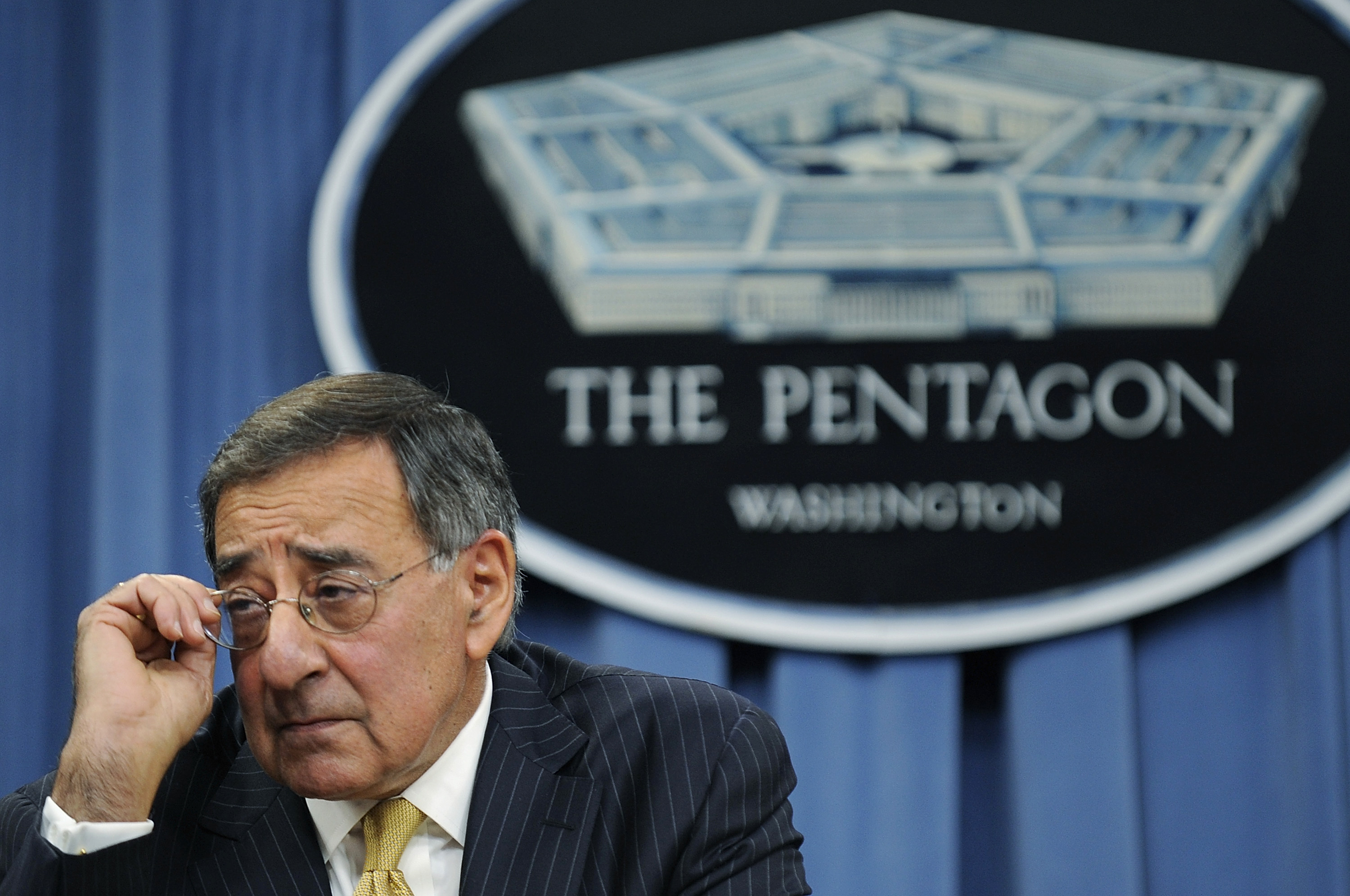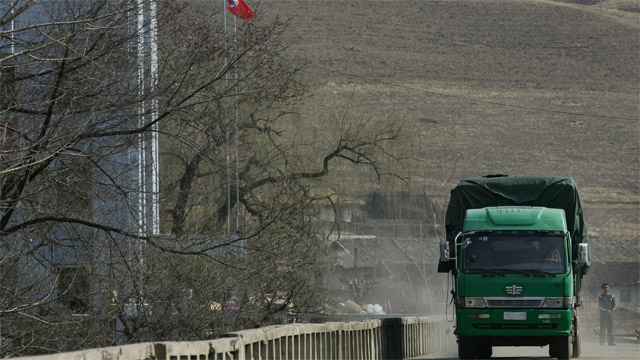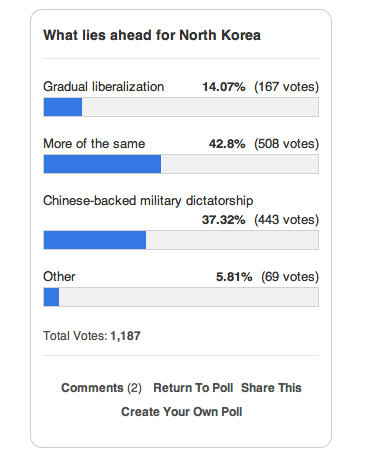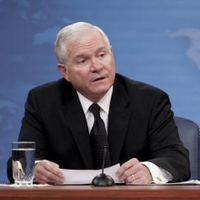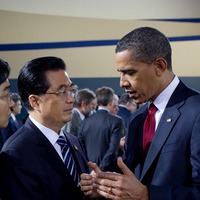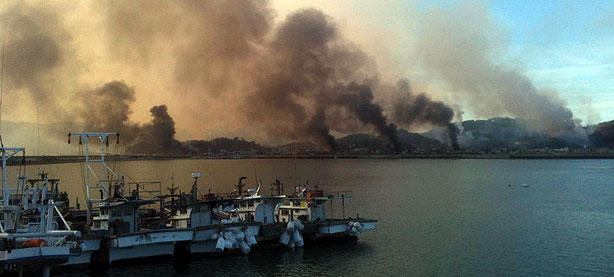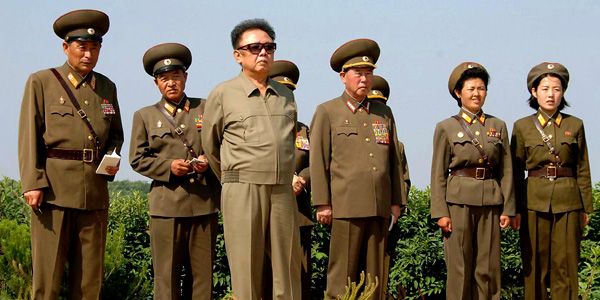
David Gordon is an old friend, who, as the National Intelligence Officer for economics and globalization in the National Intelligence Council, came to most of my wargames at the Naval War College and World Trade Center in NYC. He later became Vice Chair of the NIC and then head of policy and planning at State in the final Bush years (when diplomacy made quite the comeback). One of the smartest guys I know and just a great guy all around. After Bush ended, he left government and went to direct research at Ian Bremmer's Eurasia Group, which specializes in political risk consulting.
Ian, you know from his books ("J Curve," "Fat Tail," "End of the Free Market"), all of which have made it into my own books or columns. Ian and I did a back-and-forth on his "The Call" blog at Foreign Policy regarding the last one. Ian is deservedly recognized as THE political risk guru out there (he often writes with Nouriel Roubini) and he's done an amazing job of building up Eurasia Group from nothing in just over a dozen years. Having worked with Steve DeAngelis is building up Enterra Solutions over the past 6 years, I truly appreciate what that takes.
I've been working for Dave and Ian since January as a consultant on a project for the government that's been a lot of fun and there are others in the hopper, so this is turning out to be a nice working relationship in addition to my other affiliations. I've missed working for the USG these past few years, so it's been great to get back to that sort of analysis.
The top ten risks cited will also sound familiar enough to readers of this blog. Here's the opening, plus the list as links to the report:
The risks that exercise us most usually center on a country, an issue, an event. We worry over political chaos before or after an election, a coup in a fragile regime, or military conflict with a rogue nation. But for the first time since we've been writing, the political risk environment is much broader this year. It's the change in the world order itself that gives us most cause for concern.
Two years after the financial crisis, there's a strong argument to be made for optimism. The American economy is poised for (at least modest) growth and emerging markets are still churning ahead. By that logic, it's high time for governments, captains of industry, banks, and citizens to get back to business. Time to leave behind record gold prices and put the trillions of dollars sitting on the sidelines back to work.
But that conclusion implies a level of confidence, if not quite comfort, with where the world is headed. Whatever your expected shape of economic recovery—a U-curve, V-curve, L-curve, or something else—we're entering an entirely new world order. That means new ways for states to relate with one another both politically and economically. It means new areas of conflict. 2011 looks to be the year that our understanding of how the world works becomes out of date.
This is scary not because it's incomprehensible but because the scale of change is so great that it becomes difficult to manage. Few of us have experienced a transition of this scope. Following the collapse of the Soviet Union two decades ago, it was fashionable, briefly, to herald a new world order. The pronouncements were premature. Soviet collapse remade the global security balance, but its economic impact was considerably more modest. The advanced industrialized economies had ruled the global economic system; the end of the cold war meant a move from the G7 to the "G7 plus one." Globalization sped up a bit, the West had new countries to invest in (at least for a while), and some of the old ones (Germany) got stronger. "Plus one" didn't imply a new world order.
That's not true today. After the financial crisis, the G7 was replaced by the G20. This change brought no challenge to America's global military supremacy. But the rules of the economic road are a different story and the new geopolitical order is shaped not by a military balance but by an economic one. This new world order marks the end of a decades-long agreement on how the global economy should function. This is world-changing indeed, because the dominant economic trend of the last half century, globalization, now faces a direct challenge from geopolitics.
The rise of this new order will have a profound impact on nearly all of the world's big-picture, long-term trends. A lack of coordinated governance on key economic issues will become entrenched and give rise to lasting international conflict. States and corporations will become more closely aligned in both developed and developing states. Most significantly, we'll see a shift in the highest levels of global conflict to the region where globalization and geopolitics collide with greatest force: for the past twenty years, the sharpest geopolitical tensions were to be found in the Middle East; we'll now see a decisive and long-term shift of those tensions to Asia.
All the risks we're looking at in 2011—conflict from the North Korean succession process, the unwillingness of China to budge under international pressure, the lack of political and economic coordination in Europe, currency controls intensifying global economic misalignment, the geopolitics of cybersecurity—are intensified by this transition to a new world order. The red herrings on our list avoid risk in spite of it.
Surprisingly, and despite all the anxiety these changes have created, there's no name for this new era. We propose the G-Zero. This is the lens through which we'll understand global events in the coming years. It's our top risk for 2011.
THE RISKS
Being Mr. Counterintuitive, I like the "red herrings" the best. They are Iran, Turkey, Sudan and Nigeria. I like the optimism on each.
 Monday, April 1, 2013 at 11:12AM
Monday, April 1, 2013 at 11:12AM 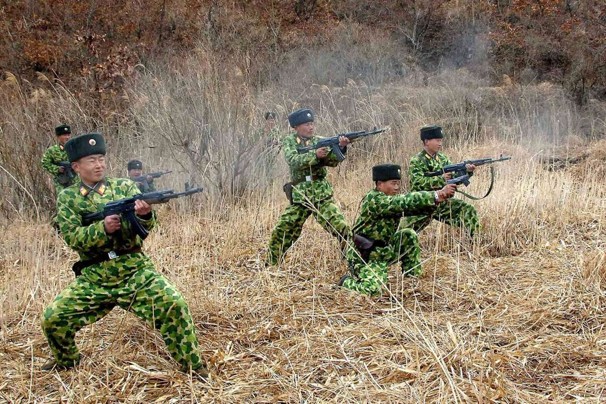 Good WAPO piece about the ratcheting up of brinksmanship by NorKo, which has gotten so aggressive as of late that SouKo pols are discussing the nuclear option - as in, get some.
Good WAPO piece about the ratcheting up of brinksmanship by NorKo, which has gotten so aggressive as of late that SouKo pols are discussing the nuclear option - as in, get some. China,
China,  Koreas,
Koreas,  US foreign policy | in
US foreign policy | in  Citation Post |
Citation Post |  Email Article |
Email Article |  Permalink |
Permalink |  Print Article
Print Article 








